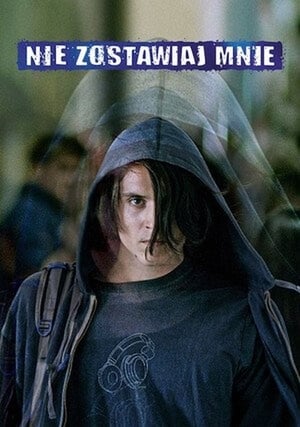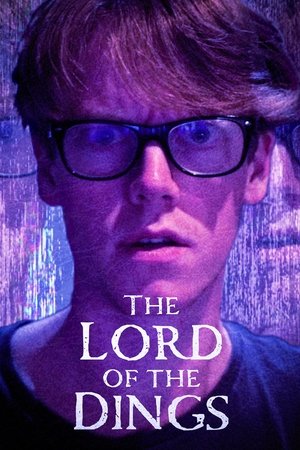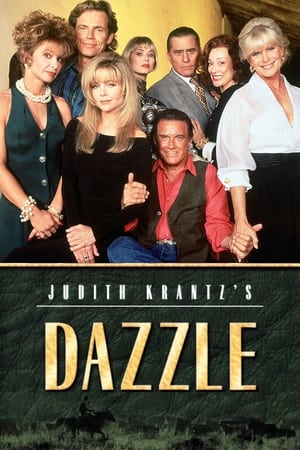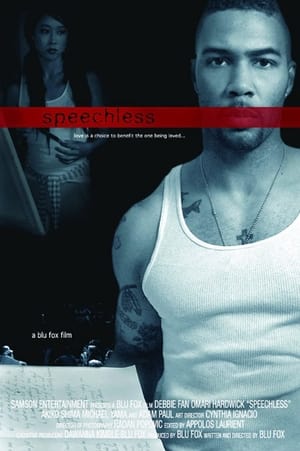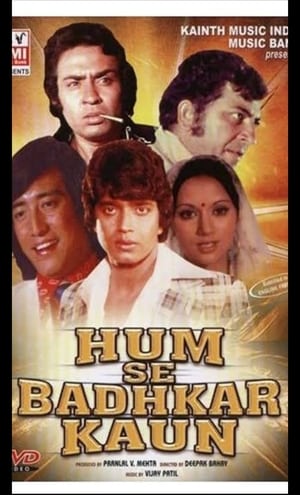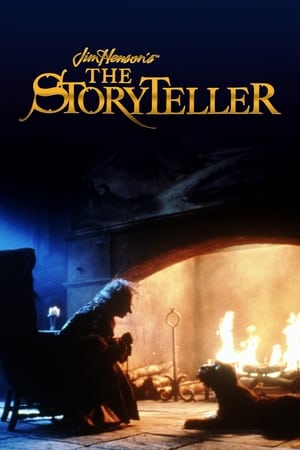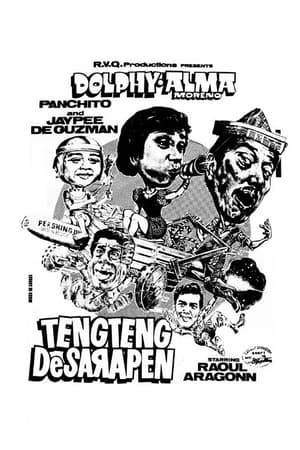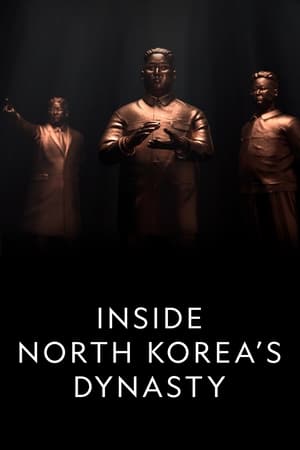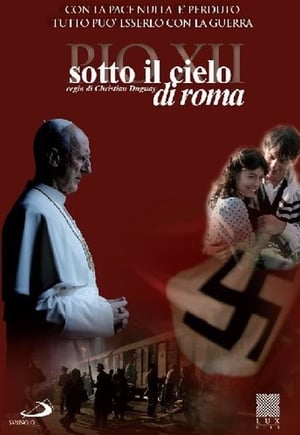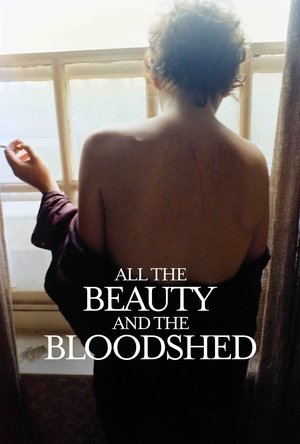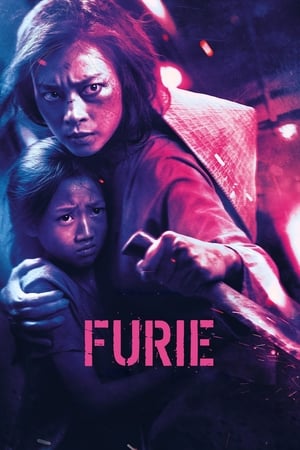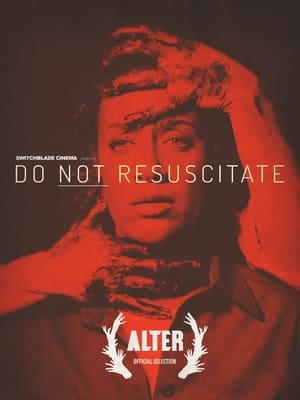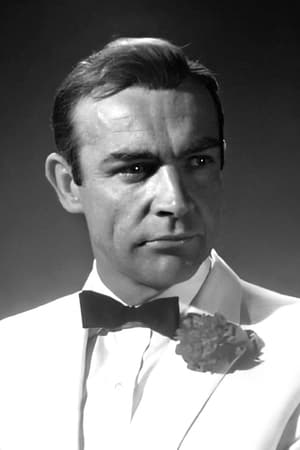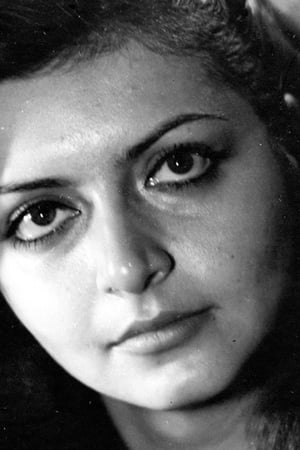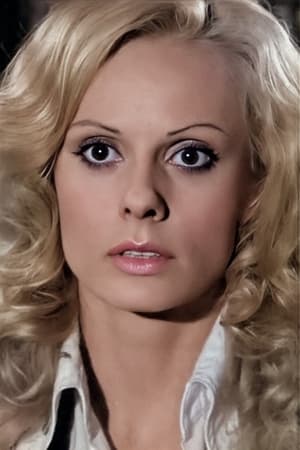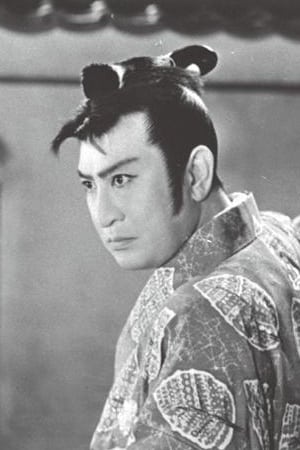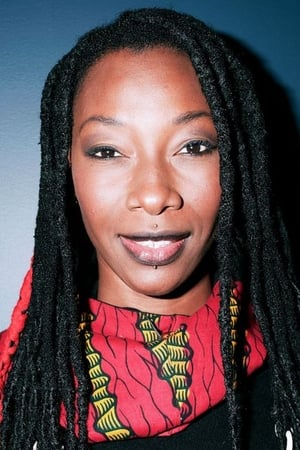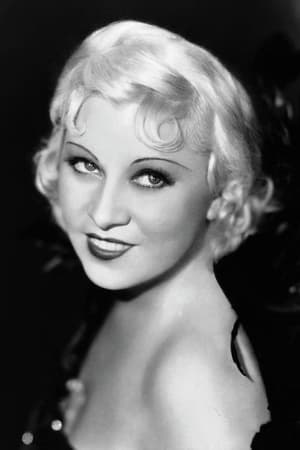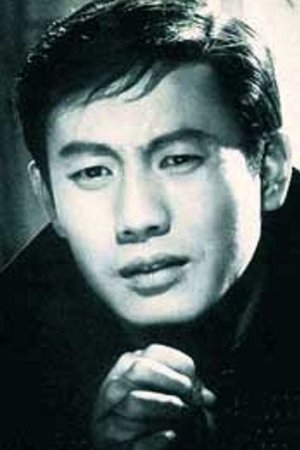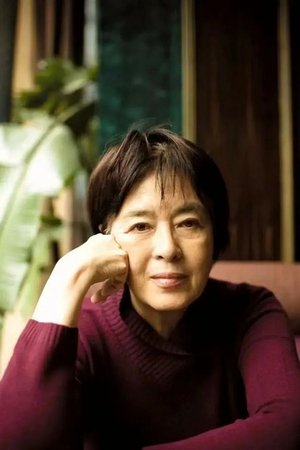Trending
Popular people
Sean Connery
Biography
Sir Thomas Sean Connery (August 25, 1930 – October 31, 2020) was a Scottish actor and producer who won an Academy Award, two BAFTA Awards (one being a BAFTA Academy Fellowship Award), and three Golden Globes, including the Cecil B. DeMille Award and a Henrietta Award.
Connery was the first actor to portray the character James Bond in film, starring in seven Bond films (every film from Dr. No to You Only Live Twice, plus Diamonds Are Forever and Never Say Never Again), between 1962 and 1983. In 1988, Connery won the Academy Award for Best Supporting Actor for his role in The Untouchables. His films also include Marnie (1964), Murder on the Orient Express (1974), The Man Who Would Be King (1975), A Bridge Too Far (1977), Highlander (1986), Indiana Jones and the Last Crusade (1989), The Hunt for Red October (1990), Dragonheart (1996), The Rock (1996), and Finding Forrester (2000).
Connery was polled in a 2004 The Sunday Herald as "The Greatest Living Scot" and in a 2011 EuroMillions survey as "Scotland's Greatest Living National Treasure". He was voted by People magazine as both the “Sexiest Man Alive" in 1989 and the "Sexiest Man of the Century” in 1999. He received a lifetime achievement award in the United States with a Kennedy Center Honor in 1999. Connery was knighted in the 2000 New Year Honours for services to film drama.
On 31 October 2020, it was announced that Connery had died at the age of 90.
Description above from the Wikipedia article Sean Connery, licensed under CC-BY-SA, full list of contributors on Wikipedia
Read more
Hamida Omarova
Biography
Hamida Omarova (Azerbaijani: Həmidə Ömərova) was born to a family of teachers, Mammad and Nasiba Omarov. Her parents met at university where both of them studied foreign languages, and went on to have four children, three of whom died in their infancy. When Hamida was born, her parents visited the Sufi Hamid shrine in Qazakh and after being sure the newborn would survive, they named her after the sanctuary. Following her parents' divorce in 1960 and her father's permanent departure to his native Gazakh, Hamida Omarova was raised by her mother and grandmother. After graduating from high school she enrolled at Baku State University to study philology. While finishing her first year in 1975, she entered an academic contest along with other 300 people and was among the 15 contestants who were admitted to the Gerasimov Institute of Cinematography in Moscow.
Omarova's first role was in a short film entitled The Dentist in 1977. Since then, she starred in over 30 films and became the most successful Azerbaijani actress of the decade performing at times in up to 4 movie shootings simultaneously. In Russia, she is known mostly for acting in Yuli Gusman's film "Don't Be Afraid, I'm with You" (1981), staged in Gakh, Azerbaijan. Her performance was rewarded with numerous awards including that of a People's Artist of Azerbaijan. With the collapse of the Soviet Union in 1991, Azerbaijan's movie industry experienced severe decline. This became both a career decay and a psychological ordeal for Omarova. After going through a period of depression, she got married in 1992 and gave birth to a son. At the same time, she hosted the late night show Retro, a weekly review of classic movies from Azerbaijan and abroad. In 2006 Omarova was elected President of the Azerbaijani Union of Cinematographers.
Read more
Annik Borel
Biography
Annik Borel was a gorgeous, statuesque and voluptuous blond actress who popped up in a handful of enjoyably sleazy 70's exploitation features made in both Europe and America. She was born as Anne Borel in 1948 in Besancon, France. Borel made a memorable film debut as a drug dealer's predatory swinging bisexual girlfriend in the sordid "Weekend With the Babysitter." She then made a guest appearance on an episode of the hit sitcom "The Odd Couple." Annik has minor parts in two movies: she's a persecuted witch in Ted V. Mikels' cruddy "Blood Orgy of the She Devils" and a topless hooker in the funky blaxploitation blast "Truck Turner." Borel achieved her greatest enduring schlock cult cinema fame with her lead role as a troubled young lady who thinks she's a werewolf in Rino Di Silvestro's outrageously scuzzy Italian horror hoot "Werewolf Woman." Alas, following her appearances in the European trash pictures "Black Aphrodite" and "Erotic Encounters" Annik Borel suddenly quit acting and seems to have disappeared altogether.
Read more
Utaemon Ichikawa
Biography
Utaemon Ichikawa was a Japanese film actor famous for starring roles in Jidaigeki from the 1920s to the 1960s. Trained in kabuki from childhood, he made his film debut in 1925 at Makino Film Productions under Shōzō Makino. Quickly gaining popularity, he followed the example of Makino stars such as Tsumasaburō Bandō in starting his own independent production company, Utaemon Ichikawa Productions, in 1927. It was there he first began the "Idle Vassal" (Hatamoto taikutsu otoko) series, which would become his signature role. When his company folded in 1936 as sound film came to the fore, he moved to Shinkō Kinema and then Daiei Studios before helping form the Toei Company after World War II. He served on the board of directors along with fellow samurai star Chiezō Kataoka. Utaemon appeared in over 300 films during his career. His son, Kin'ya Kitaōji, is also a famous actor in film and television.
Read more
Hiroki Aiba
Biography
Hiroki Aiba is an actor, voice actor, dancer and singer who is affiliated with Grand-Arts. He is best known for his role as Shusuke Fuji in The Prince of Tennis musical series, Tenimyu, and the live film adaptation. He was also part of a young men's three-member streetdancing group called Brights, which was disbanded in 2004. His other most known role was the part of Ryunosuke Ikenami/Shinken Blue in the 33rd Super Sentai series, Samurai Sentai Shinkenger.
His real and former name is 相葉 弘樹 (Aiba Hiroki, reading is the same but the kanji is different). He changed it when he moved to Top Coat in 2011.
Read more
Fatoumata Diawara
Biography
Born in 19822, Fatoumata Diawara spent her early years in Abidjan in a large family. Her mother is a dancer. His father runs an association of traditional shows. He introduced her to dance and the guitar. At the age of 9, after the sudden death of an older sister, she was adopted by her actress aunt who lives in Mali. In 1997, Fatoumata Diawara was spotted by the filmmaker Cheick Oumar Sissoko who hired her in the film La Genèse (prize "Un certain regard" at the Cannes Film Festival in 1999) in order to interpret the leading female role. In 1998, she left for France to work at the Théâtre des Bouffes du Nord on Jean-Louis Sagot-Duvauroux's adaptation of the play Antigone. She appeared in several feature films including Sìa: Le Rêve du python2 (Special Jury Prize at Fespaco in 2001). In 2002, she fled a forced marriage with her cousin to join the Royal luxury company and spent six years in the troupe1. According to Jean-Luc Courcoult, "She could sing a little, she could not play well, but I was looking for a temperament, something else". In November 2006, she was chosen to play the leading female role of the Opéra du Sahel, in Bamako.
It was then that she was noticed by Cheick Tidiane Seck. She participated in the recording of Dee Dee Bridgewater's album. During this same period, she met Oumou Sangaré who asked her to record her album Seya. Fatoumata Diawara then decides to embark on the adventure of music and begins to work on her own repertoire. She also continues her experiences in the cinema, playing in particular in the film It's going to rain on Conakry by the Guinean director Cheick Fantamady Camara, where she plays the role of a young singer. In 2007, she played the role of Karaba in the musical Kirikou and Karaba, taken from the cartoon Kirikou and the witch by Michel Ocelot. At the same time, she is working on the disc of the musical. Cheick Tidiane Seck then offers him to record on his own Sabaly album. She has the opportunity to sing with Herbie Hancock (The Imagine project, Grammy Award in 20114) or Hank Jones. At the same time, she recorded on various discs.
She is committed against excision in her region of origin in Mali. In 2012, she managed the production of a music video against the occupation of the north of the country by jihadists, which led her to play in Timbuktu, a multi-Caesarized film in 2015.
In 2017, Fatoumata Diawara contributed to Matthieu Chedid's Malian project "Lamomali". In 2018, she released her second solo album Fenfo, produced by Matthieu Chedid.
Damon Albarn and Jamie Hewlett invite the Malian singer on a new excerpt from their collaborative series Song Machine in 2020 and feature her in the music video and song Sorry by the group Gorillaz.
In 2022, she plays in an opera by Damon Albarn and Abderrahmane Sissako, entitled Le Vol de Boli and dedicated to the theft of a Malian animist fetish by a French ethnologist and art critic, Michel Leiris, for the Musée de l'Homme . In one of his texts, The Phantom Africa, Michel Leiris expresses his shame at having stolen this fetish. But it remained in France and is now on display at the Musée du Quai Branly.
Read more
Kate Cutler
Biography
From Wikipedia, the free encyclopedia
Kate Ellen Louisa Cutler (14 August 1864 – 14 May 1955) was an English singer and actress, known in the late nineteenth and early twentieth centuries as an ingénue in musical comedies, and later as a character actress in comic and dramatic plays. She is possibly best known for walking out of the lead role in Noël Coward's The Vortex in 1924 shortly before opening night.
Cutler performed in films between 1929 and 1938, including Such Is the Law (1930), The Great Gay Road (1931), Lord of the Manor (1933), Come Out of the Pantry (1935) and Moscow Nights (1935). Her last film was Pygmalion in 1938. The Manchester Guardian said of her in an obituary notice, "She proved that an actress who can play the lead in musical comedy can go on to play the lead in anything else. ... She was a really accomplished actress with that indefinable quality which we call style."
Cutler's second husband, Major Charles Dudley Ward, predeceased her. She died at her home in London, age 90.
Read more
Mae West
Biography
From Wikipedia, the free encyclopedia.
Mae West (born Mary Jane West; August 17, 1893 – November 22, 1980) was an American actress, playwright, screenwriter and sex symbol whose entertainment career spanned seven decades. Known for her bawdy double entendres, West made a name for herself in vaudeville and on the stage in New York before moving to Hollywood to become a comedienne, actress and writer in the motion picture industry. In consideration of her contributions to American cinema, the American Film Institute named West 15th among the greatest female stars of all time. One of the more controversial movie stars of her day, West encountered many problems including censorship. When her cinematic career ended, she continued to perform on stage, in Las Vegas, in the United Kingdom, on radio and television, and recorded rock and roll albums. She used the alias Jane Mast early in her career.
Description above from the Wikipedia article Mae West, licensed under CC-BY-SA, full list of contributors on Wikipedia.
Read more
Raizō Ichikawa
Biography
From Wikipedia, the free encyclopedia.
Ichikawa Raizō VIII (born 29 August 1931 in Kyoto, Japan, died 17 July 1969 in Tokyo, Japan) was a Japanese film and kabuki actor. Died of rectal cancer.
He was born as Yoshiya Ōta in Kyoto on August 29, 1931.
Ichikawa Raizō appeared mostly in period dramas (jidaigeki). He is best known for the Sleepy Eyes of Death (Nemuri Kyoshiro) series, Ninja (Shinobi no Mono) series and Nakano Spy School (Rikugun Nakano Gakkō) series (based on the Nakano School). Raizō worked many times with director Kenji Misumi. Their collaborations include The Sword (Ken) (from a book by Yukio Mishima) and Destiny's Son (Kiru).
Other great works include An Actor's Revenge (Yukinojo henge).
Description above from the Wikipedia article Raizō Ichikawa, licensed under CC-BY-SA, full list of contributors on Wikipedia.
Read more
Huang Shuqin
Biography
Huang Shuqin, a native of Panyu in South China'sGuangdong Province, was born inShanghaiin 1940. Huang graduated from the Director Department ofBeijing Film Academyin 1964.
Huang's works are characterized by her focus on the common people. She thinks the movie could only resonate among the people when it expresses the joy and anger, pleasure and sorrow of the most ordinary people. Meanwhile, she follows her won sharp-cut artistic feature in the first place, and then tries to get the acknowledgement from the audience.
With great passion and enthusiasm, almost all her works have the themes about ordinary life. Her criteria for choosing the scripts attach great importance on both social significance and high artistic taste. For instance her movieWoman Human Demonin 1987 deeply discussed the issue of women by depicting the life of a girl born into the world ofPeking Opera. The work has won many awards.
Read more

